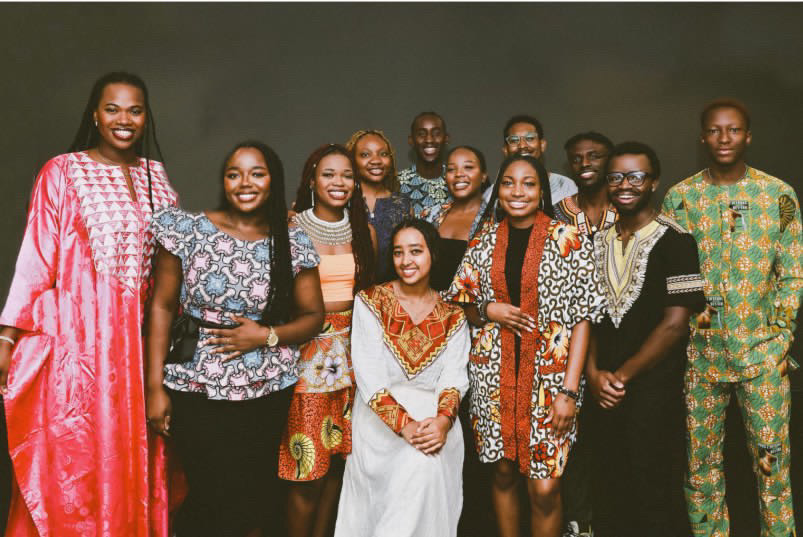With international students under attack by tuition increases, international student associations have mixed reactions.
International students have long been an integral part of the academic appeal of Concordia, contributing not only to the university’s global outlook but also to the local economy.
International student associations, such as the African Student Association of Concordia (ASAC) and the Latin American Student Organization (LASO), are key organizations representing the interests of students from around the world. Through outreach initiatives, support networks, and collaborative efforts with university administrations, the associations seek to empower their members and amplify their voices.
Iman Kande, the communications executive for ASAC, said: “We try with the resources that we have […] to make people’s voices heard.” Kande said that since ASAC is not an official group, it is difficult for them to help students in every capacity. However, if someone comes to them with a problem, they will be able to point them in the right direction.
According to Kande, ASAC sees a lot of African students approaching the association and encourages others to come to their events even if they are not African themselves.
“It’s our way to spread our culture, […] we were taught that a stranger becomes family and that’s kind of our goal,” Kande said.
With approximately 11,000 students coming from outside of Canada, Concordia has a lot of international students, many of which contribute to their respective international student groups. Now with the implementation of the tuition increases for international students, many are wondering how international student groups will survive?
“In terms of social media, in September we had 1,900 followers and today we have 2,400, in the span of like 6-7 months,” Kande said.”For example, when we host events, there’s more people than there were last year and every year, it just grows and grows.”
She attributes the growth of the association to the exposure that international students are receiving due to the tuition increases.
There still is a large negative aspect to the tuition increases for international students. Mathieu Gonzales, president of LASO, said: “It’s scary to know that maybe LASO was going to cease to exist further down the line, or it’s not going to be as important as it is now.”
“I do know certain people that are still debating whether or not it’s the right decision for them,” he added. Gonzales mentioned that members of LASO know that loved ones back home are looking more into options like the U.S. for their education “now that the tuition is going to increase” in Canada.
Gonzales said that it is difficult for people to afford to come to Canada to study since the cost of living is so high. Adding higher tuition on top of that would be a huge barrier for a lot of students coming from Latin America.
But with Concordia’s other student associations striking and picketing classrooms against tuition increases, some international students have felt ostracized from their in-province peers who pay a lot less per class.
International student associations like ASAC and LASO want to see more international student groups included in the discussions surrounding striking.
“It would have been nice to be included in that because it affects international students especially. So obviously, if they wanted to have a better result with the strike, it would have been smart for them to contact us,” Gonzales said.
Gonzales stressed that if students were part of the strikes, the associations cannot help them if they got into any trouble: “LASO cannot be responsible or can’t protect anyone, even if it’s the good cause.”
Kande from ASAC also wished the strike organizers had reached out to international student groups such as theirs. “If our voices were more heard, I think more impacts would or could have been made,” Kande continued.
Kande said that individually, ASAC supports the movement against the tuition fee increases, but ASAC has not adopted the stance officially. With more strikes set to happen in March, and Concordia taking the Quebec government to the Superior Court, international students will be paying attention. The next strike dates are March 11 to the 15.
